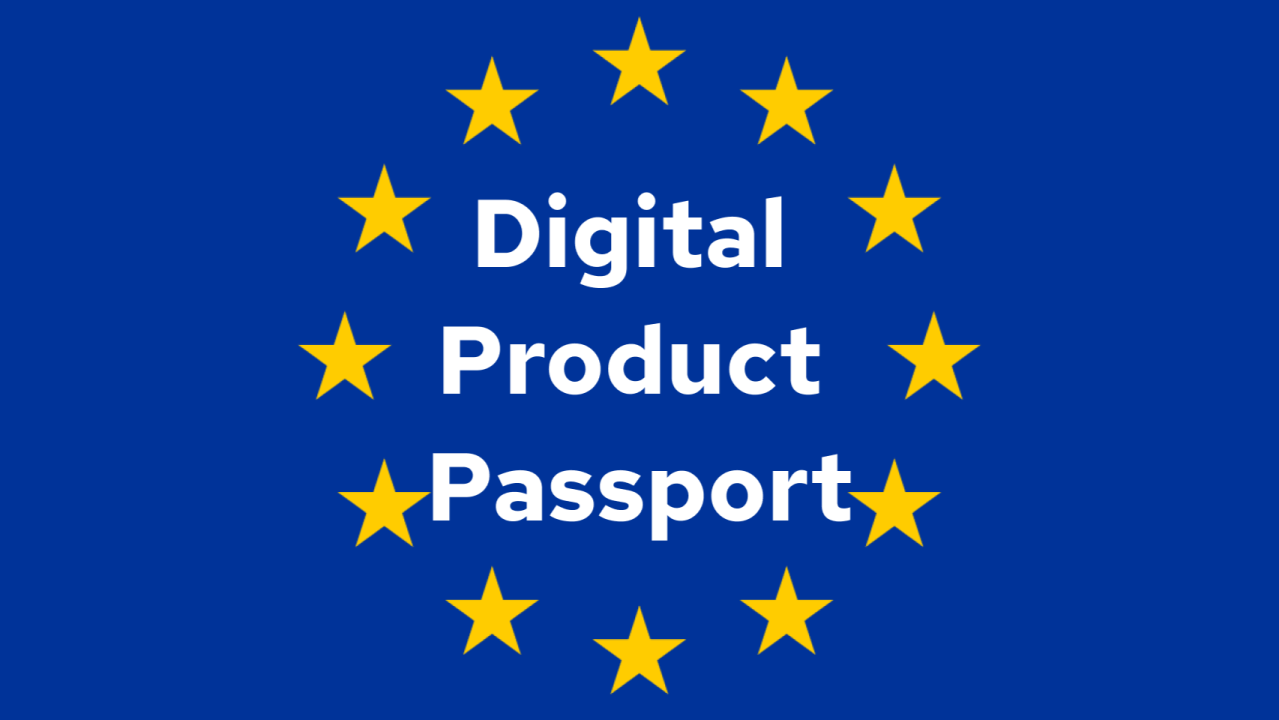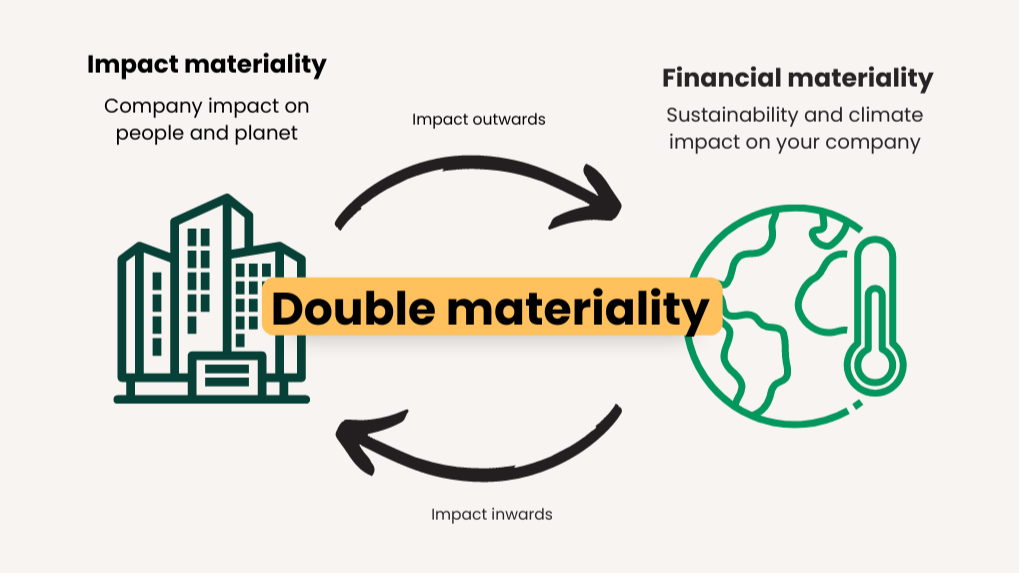In today’s global market, there is growing pressure for products to be more sustainable, traceable, and transparent. The Digital Product Passport (DPP), part of the European Union’s Circular Economy Action Plan, is designed to meet these demands by providing detailed, accessible information about a product throughout its lifecycle.
What is a Digital Product Passport?
A Digital Product Passport (DPP) is essentially an electronic record that stores comprehensive data about a product from the moment it’s made until the end of its life. Imagine it as a digital file that follows a product, providing critical information such as the materials used, manufacturing details, sustainability metrics, repair guides, and even recycling instructions. It’s a powerful tool to support product transparency, traceability, and sustainability.
The DPP is part of the EU’s larger vision for a Circular Economy, where products are reused, repaired, or recycled to reduce waste and environmental impact. By making detailed product data available, the DPP can help industries, regulators, and consumers make better decisions that support long term sustainability.
Why Was the DPP Created?
The Digital Product Passport was introduced under the European Union’s Sustainable Product Initiative (SPI), a major pillar of the EU Green Deal. The goal is to make products more environmentally friendly, improve resource efficiency, and promote circularity, which refers to keeping materials and products in use for as long as possible.
With growing concerns about climate change and resource depletion, consumers and regulators are increasingly asking companies to prove their environmental credentials. The DPP provides this proof by offering detailed, verifiable data about the sustainability of a product.
Key Features of the DPP
- Comprehensive Product Information – The DPP gives manufacturers, retailers, and consumers access to data about a product, such as its origin, materials, carbon footprint, and recyclability. This helps everyone in the product’s lifecycle make informed decisions.
- Real Time Updates – Unlike traditional product documentation, the DPP is dynamic. It can be updated as the product moves through different stages of its lifecycle from production to sale to disposal ensuring that stakeholders always have the latest information.
- Standardization – The DPP aims to create a consistent, standardized format for product data across industries and regions, making it easier for companies to comply with regulations and for consumers to compare products.
- Circular Economy Support – The DPP directly supports the circular economy by making products easier to repair, recycle, and reuse. This reduces waste and helps extend the life of products.
Benefits of the DPP for Businesses
For businesses, the DPP offers numerous advantages,
- Enhanced Supply Chain Transparency – The DPP makes it easier to track materials and processes throughout the supply chain. This transparency can improve supplier relationships, reduce risks, and help companies meet regulatory requirements.
- Regulatory Compliance – As sustainability regulations become more stringent, the DPP will be key to ensuring compliance. Companies can use the DPP to demonstrate adherence to environmental standards and avoid potential penalties.
- Consumer Trust – Modern consumers are more environmentally conscious than ever. Offering transparent product information through the DPP can help build trust and enhance brand reputation, as customers increasingly prioritize sustainable choices.
The Technology Behind the DPP
The success of the Digital Product Passport hinges on advanced technology. RFID (Radio Frequency Identification) Tags, IoT (Internet of Things) devices, and Blockchain Technologyplay critical roles in gathering and securing the product data.
- RFID and IoT technologies are used to collect real-time data on products, while Blockchain ensures the data is secure and tamper proof, building trust among all participants in the supply chain.
While the DPP offers significant benefits, its implementation also presents challenges. businesses need to invest in the right infrastructure and technology, such as Life Cycle Assessment (LCA)tools and IoT Blockchain systems, to make the DPP work seamlessly. LCA can provide a comprehensive evaluation of a product’s environmental impact, while IoT Blockchain ensures secure, immutable data transfer, making it easier to track product information throughout the entire supply chain. The Digital Product Passport is more than just a regulatory requirement it’s a game changer for sustainable business practices.





Most businesses utilize a network connection to some degree, be it internal data storage or an online point of sale system. While larger corporations often have complex data security systems in place, small businesses can also fall victim to a cyber attack if they do not take steps to protect themselves.